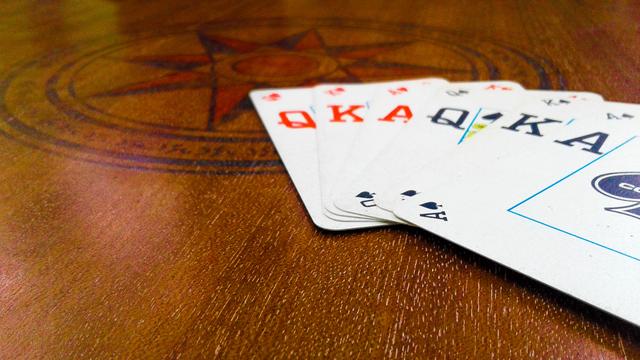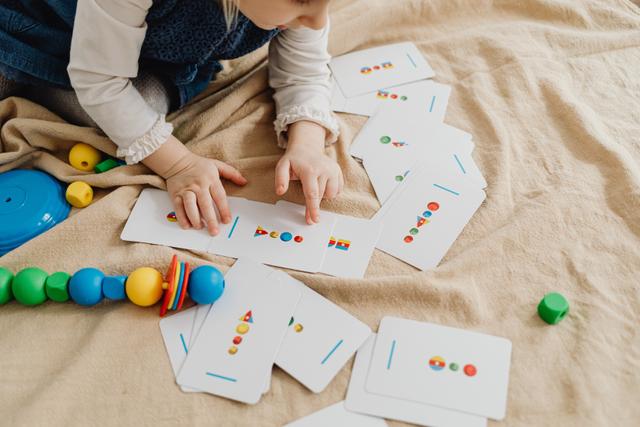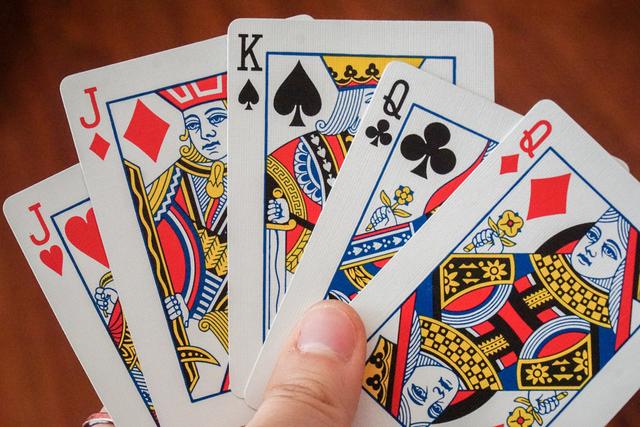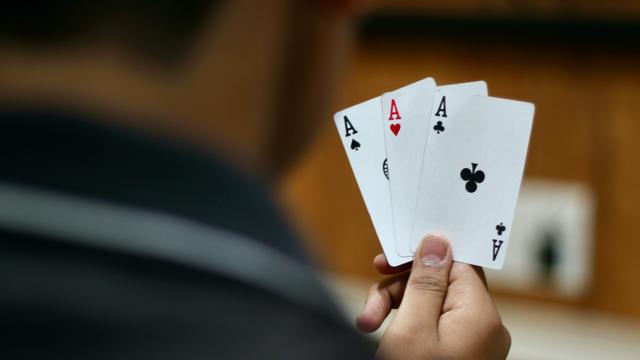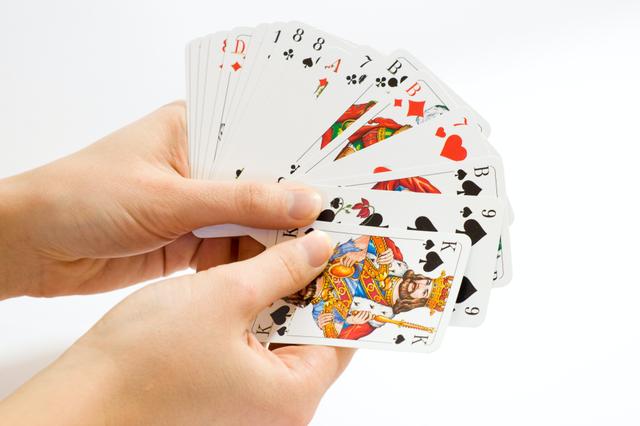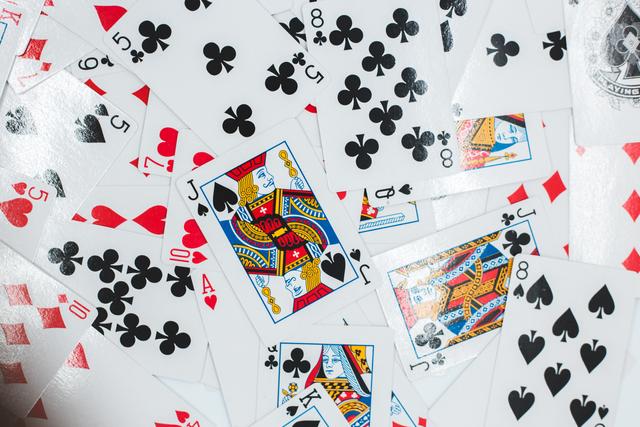Cards Articles
Cards For Kids In The UK
Cards have long been a staple in British leisure, weaving a historical tapestry that spans hundreds of years. This timeless activity continues to captivate children across the UK, offering them more than just mere entertainment. Traditionally, card games have served as a conduit for social interaction, enhancing the dynamics of gatherings and sharpening the minds of young players involved.
The essence of playing cards taps into a rich cultural heritage that began as early as the 14th century when card games first made their way across Europe. The introduction of cards to the UK marked the beginning of an enduring cultural phenomenon, one that would evolve and diversify to offer a range of games from "Tarot" to "Whist." Each game, distinct in its objectives and strategies, contributes uniquely to the UK's cultural fabric, reflecting the changing times and social norms.
Popular card games like "Cribbage," "Bridge," and "Snap" have not only survived the test of time but have become embedded in the everyday lives of British families. These games are not only enjoyed for their strategic depth but are also cherished for their ability to bring people together. In today's digital age, the resurgence of interest in traditional card games amongst the youth highlights a nostalgic yet refreshing break from the screen-heavy activities that dominate their playtime.
Moreover, the spontaneity and accessibility of card games make them an ideal choice for family gatherings and casual meetups among friends. Unlike more cumbersome board games or digital games that require electronic gadgets, card games are portable, often requiring nothing more than a deck of cards. This simplicity allows children to engage in these games whether at home, on holiday, or during a quick break at school.
In classrooms, card games have found a place as educational tools that subtly bolster various cognitive skills including strategic thinking, mathematical abilities, and memory retention. Teachers and parents alike appreciate the dual-role these games play in education and leisure, providing a dynamic platform for active learning and interaction.
As card games continue to thrive in the UK, they not only preserve the rich history from which they originated but also offer promising benefits for cognitive and social development. In a world where digital forms of entertainment are rapidly evolving, the enduring charm of card games remains as relevant as it has ever been, bringing joy and learning to children across the UK.
The Benefits of Cards
Engaging in card games offers substantial health benefits for children, promoting a range of cognitive and emotional skills crucial for their development. Firstly, these games enhance critical thinking, problem-solving, and memory retention, as children are required to remember rules, strategies, and card sequences. Participating in card activities also significantly boosts concentration and attention to detail, helping kids focus better in other areas of learning.
Socially, card games are invaluable, as they provide a platform for children to develop interpersonal skills such as effective communication, turn-taking, and sportsmanship. They learn to interact with peers in a structured environment, which can improve their social interactions and collaborative skills. Furthermore, card games often involve mathematical concepts such as counting, addition, and subtraction, providing a fun and interactive way to reinforce these essential skills.
Emotionally, card games are a gentle yet effective method for children to learn about emotional intelligence. Through the gameplay, kids experience both winning and losing, offering them the opportunity to manage emotions, develop resilience, and practice patience. This holistic approach to learning not only engages them intellectually but also supports their emotional and social well-being, making card games a meaningful activity with profound health benefits for children.
FAQs
Q1: At what age can children start playing card games in the UK?
A: Children in the UK can start playing card games from the age of 6 or 7. This age is appropriate for grasping simpler card game rules and handling the cards effectively, though the suitability can vary based on the child's individual cognitive development and attention span.
Q2: What are some card games that are beneficial for learning mathematics?
A: Card games like "War," "Crazy Eights," and "Go Fish" are excellent for helping children learn mathematical skills. These games require counting, addition, and subtraction, providing a fun and interactive way to improve their numeracy.
Q3: Can card games assist in language learning for kids?
A: Absolutely! Games like "Bananagrams" and "Top Trumps" are designed to enhance language skills. They involve word building, vocabulary development, and can aid in improving reading and communication abilities in children.
Q4: Which strategic card games help in enhancing critical thinking in children?
A: Strategic card games such as "Chess," "Checkers," and "Backgammon," although traditionally board games, have card game variants that teach strategy and enhance critical thinking. These games challenge children to think ahead, plan their moves, and predict opponents' strategies.
Q5: Are there online platforms where kids can play card games if in-person play isn’t possible?
A: Yes, there are numerous online options available where kids can play card games. Games like "Solitaire," "Spider Solitaire," and "Hearts" are available digitally, allowing children to enjoy these games solo or with online friends, thereby facilitating card gaming even when physical gathering is not feasible.
